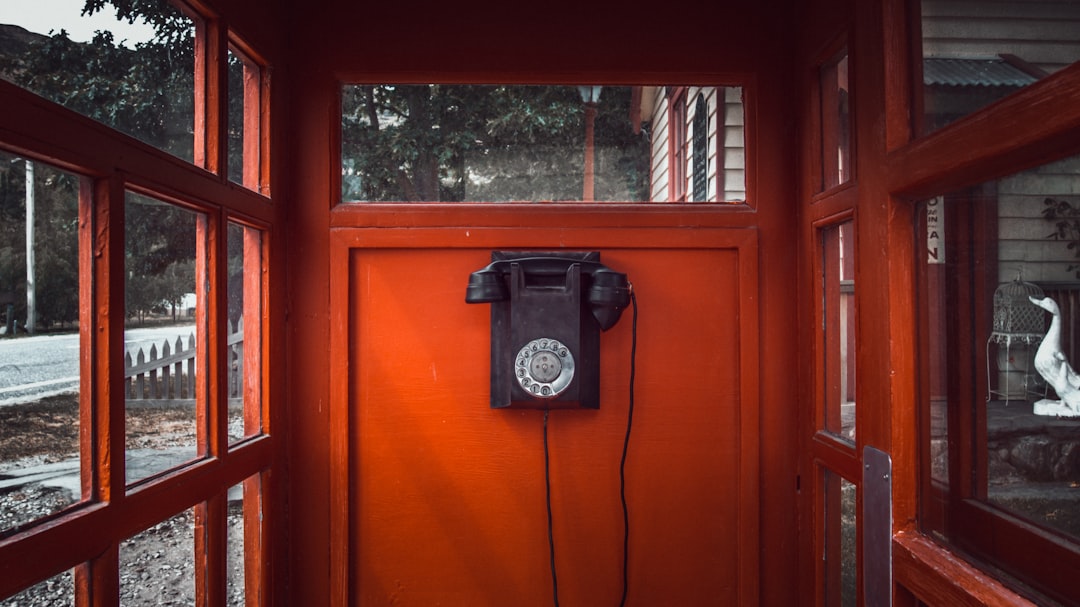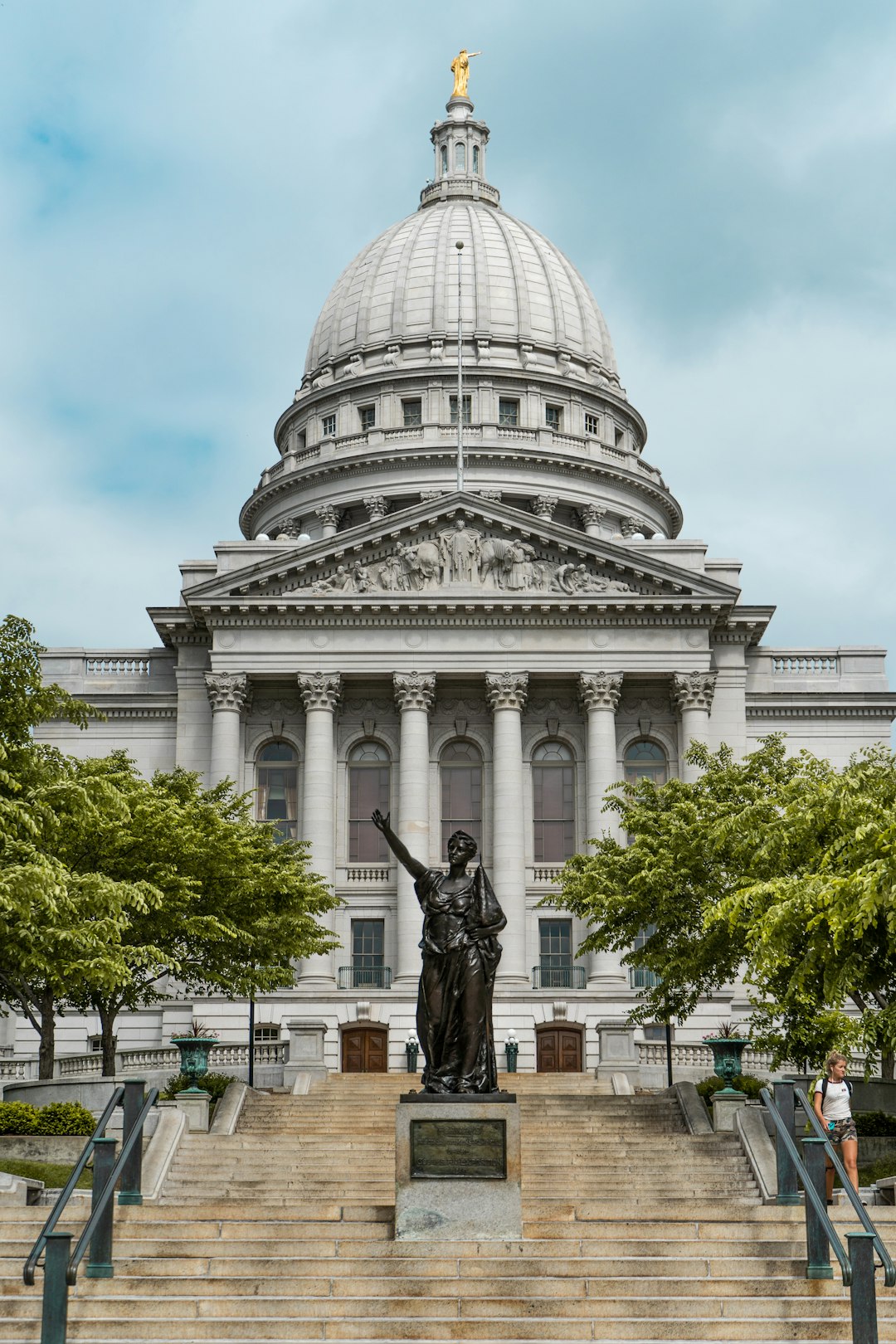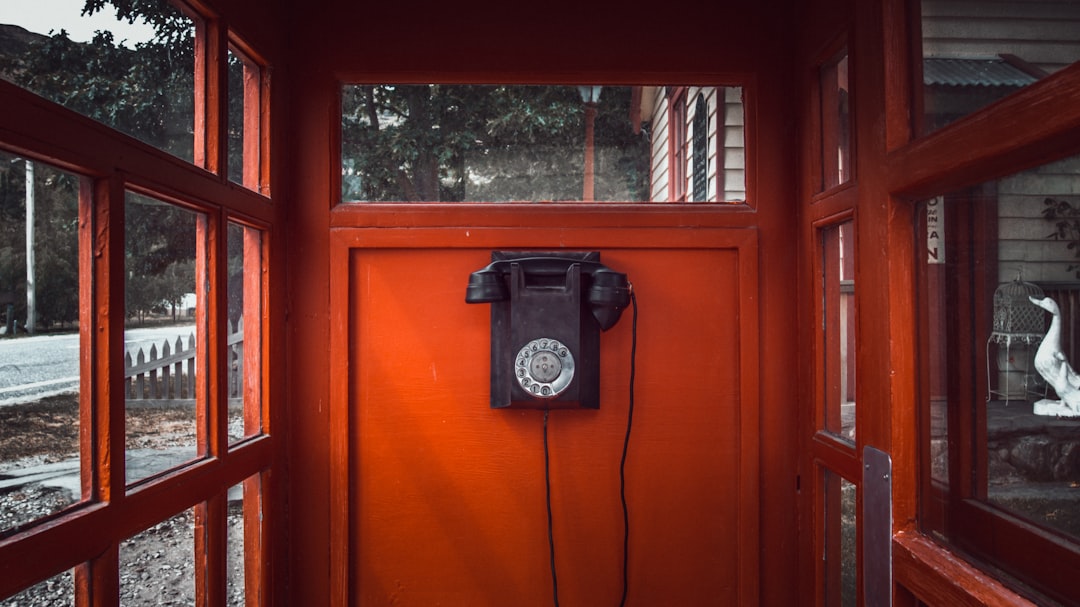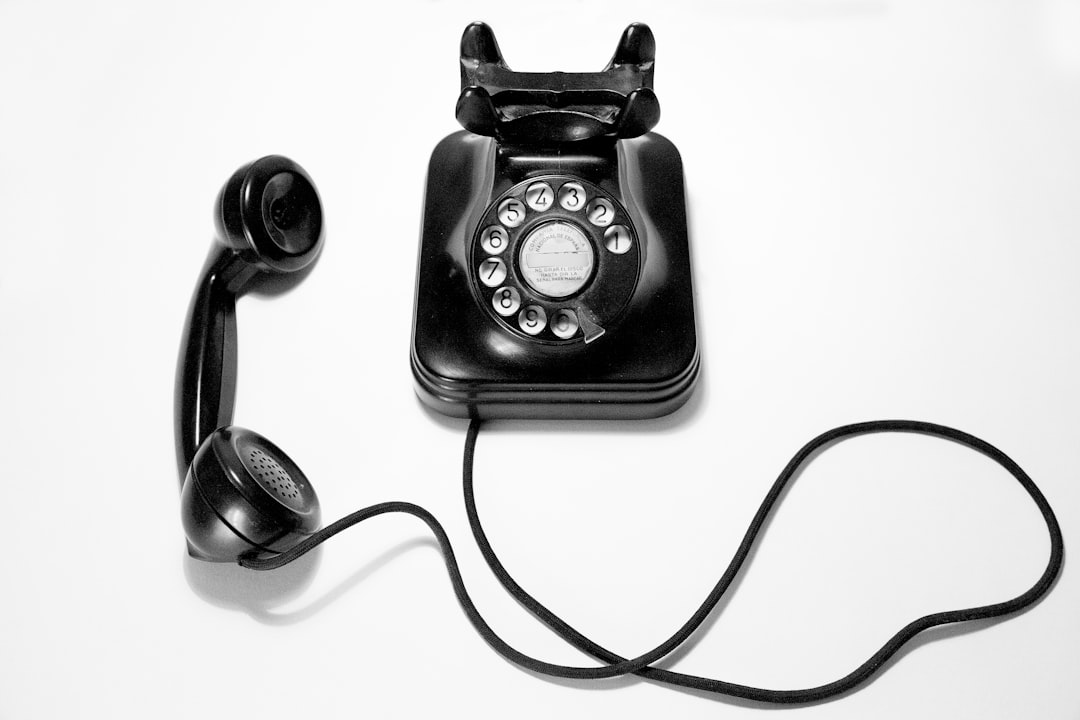In Wisconsin, where robocalls are a common nuisance, residents can protect themselves through state laws and advanced blocking apps like Hiya and TrueCall. These tools identify and block spam calls, report suspicious activity, and leverage AI to stay ahead of evolving trends. Legal protection against robocalls is available via the Telephone Consumer Protection Act (TCPA) and Wisconsin Telemarketing Act, with complaints filed at the FCC or consultation from specialized lawyers for robust defenses against harassing or fraudulent calls.
Wisconsin residents face a persistent problem with robocalls, but there are tools to combat this nuisance. This comprehensive guide explores the best robocall apps tailored to Wisconsin’s laws and regulations. We’ll walk you through understanding robocalls and their legal framework in the state, teaching you how to identify and report unwanted calls effectively. Discover top-rated blocking apps and learn about your rights and resources as a Wisconsin resident dealing with robocalls, ensuring you’re equipped with all the knowledge needed to protect yourself from these intrusions. Consider reaching out to a local lawyer for expert advice if needed.
Understanding Robocalls and Wisconsin Laws

Robocalls, automated phone calls from computers, have become a common nuisance in today’s digital era. While they can provide valuable information and services, many Wisconsin residents find them to be unwanted intrusions. Understanding when and how robocalls are permitted is crucial for maintaining privacy and peace of mind.
Wisconsin laws, like those in other states, regulate the use of automated phone calls, including robocalls, to protect consumers from excessive or harassing behavior. A lawyer specializing in robocall laws in Wisconsin can help navigate these regulations, ensuring businesses comply with state standards while also offering protection for individuals against abusive calling practices.
Identifying and Reporting Unwanted Calls

In the age of technological advancements, identifying and reporting unwanted calls has become a crucial aspect of protecting oneself from potential fraud or harassment. Wisconsin residents can take proactive measures by utilizing robocall-blocking apps that offer sophisticated algorithms to detect and filter out automated phone calls. These apps are designed to enhance privacy and peace of mind.
If you’ve received a robocall from a lawyer or any other entity in Wisconsin, it’s essential to know your rights and how to report such incidents. Many reputable robocall-blocking applications provide users with options to flag and report suspicious calls. By doing so, you contribute to a collective effort to curb unwanted communication, ensuring a safer digital environment for all Wisconsin residents.
Top Robocall Blocking Apps for Wisconsin Residents

For Wisconsin residents fed up with unwanted robocalls, there are several top-rated apps available to help block and identify these pesky intruders. One of the most popular choices is Hiya, an app that uses advanced AI technology to detect and block spam calls, including those from law firms known for their aggressive robocall tactics. Hiya not only blocks the calls but also provides insights into the caller’s identity and location.
Another highly effective tool is TrueCall. This app offers robust call blocking and identification features, with a focus on protecting users from telemarketing calls and lawyer robocalls. TrueCall has garnered positive reviews for its ease of use and accurate call filtering. By utilizing community-based reporting and machine learning algorithms, it continuously updates its database to keep up with the latest spamming trends in Wisconsin and across the country.
Legal Protections and Resources for Robocall Victims in Wisconsin

In Wisconsin, residents have legal protections against unwanted robocalls, thanks to state and federal regulations designed to safeguard consumers from intrusive telemarketing practices. The Telephone Consumer Protection Act (TCPA) is a key federal law that restricts automated calls, including robocalls, to personal phones. Wisconsin also has its own laws in place, such as the Wisconsin Telemarketing Act, which further protects consumers by requiring clear consent for telemarketing calls and providing avenues for victims to seek redress.
If you’ve been a victim of harassing or fraudulent robocalls, there are resources available to help. You may file a complaint with the Federal Communications Commission (FCC) online or through their consumer complaint center. Additionally, consulting with a lawyer specializing in robocall cases can be beneficial. A Wisconsin-based legal professional can guide you through your rights and options, helping you navigate the complexities of telemarketing laws to ensure justice and protection against future unwanted calls.






